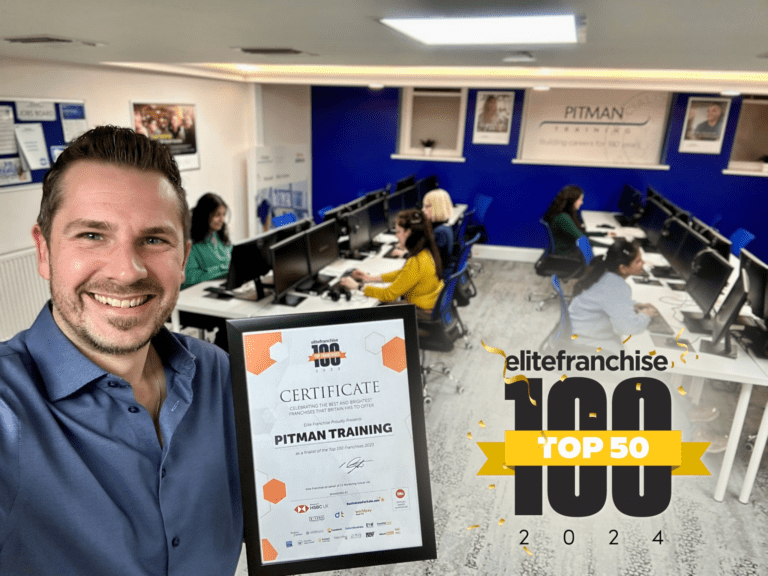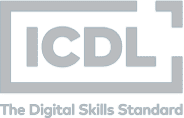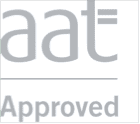
AI stands for artificial intelligence and refers to the simulation of human intelligence in machines. Programmed to perform the cognitive functions we associate with human minds such as perception, reasoning, problem solving and even exercising creativity, AI technologies are designed to learn from data and improve over time. Lots of us interact with AI on a daily basis. From voice assistants like Siri and Alexa, to customer service chatbots on websites, machines are performing tasks that were previously things only humans could do. Whilst AI is still in its infancy and most of what it currently does is recognise patterns and respond accordingly, developments will only continue to increase the performance of tasks with accuracy and efficiency, so how does this impact our workforce? And more importantly, how might this affect your career prospects?
There is no question that we are now in the early stages of the fourth industrial revolution. With the rapid advancement of technologies such as AI, its implications on industries across the world are at the forefront of conversation – and its impact on businesses is no exception. New technology challenges conventional business operations but harnessing the power of AI could be transformative. If the business sector is to utilise AI’s full potential for everyone, the focus should be on embracing AI and the benefits it can bring, rather than solely engaging in the discussion of how AI could harm your career.

More Jobs and More Opportunities
It is certainly true that machine learning, which is the most relevant AI technology for businesses today, has the ability to perform specific tasks more efficiently and swiftly than humans. While this could potentially render it unprofitable to keep recruiting individuals to fill these roles, AI has the potential to foster business growth. This is likely to result in an increased customer base, which in turn will lead to an expansion of human-related issues that require solutions – from intricate customer service problems that necessitate human intervention to the challenge of continually developing innovative products and services that cater to the evolving requirements of human beings. For the foreseeable future, these are tasks that only people can fulfil.

Leveraging Human Skill
AI can automate routine, repetitive or time-consuming tasks that would otherwise be completed by people. By taking over these tasks, AI allows us to focus on more complex and creative tasks that require human skills, such as problem solving, critical thinking and decision making. This can lead to greater job satisfaction and higher levels of productivity.
For example, in customer service, AI-powered chatbots can handle simple customer enquiries and support tasks, freeing up human agents to handle more complex issues and provide personalised assistance. In manufacturing, robots can perform repetitive assembly line tasks, freeing up people to focus on quality control and process improvement. In healthcare, AI-powered diagnostic tools can analyse images and data, freeing up medical professionals to spend more time with patients and make more informed treatment decisions.

Learning More About AI
While AI has rapidly advanced in the last few years, it is still in its infancy. Human creativity, judgement and emotional intelligence cannot currently be replaced by machines. As we continue to prioritise learning and developing our skills and experience, we continue to be a vital part of the workforce. Focusing on what AI can do for us means we can develop AI systems that are beneficial and have a positive impact on society. By embracing AI in our careers, we can shape how it is developed and used at work, ensuring that it aligns with our values and serves our needs in business and as a society.
For some people, being at the forefront of AI technologies will be a career aspiration in itself. That is where our Fundamentals of AI and Machine Learning course comes into play. Introducing you to essential concepts of AI and machine learning, this course is for anyone interested in learning more on the subject. Whether you choose to take that forward into further learning or incorporate that knowledge into your current job role, this is a great course to debunk the myths surrounding AI which are prevalent in ongoing debates today.
For more information on how you can fast-track your career with Pitman Training, contact us now to book an appointment.


















